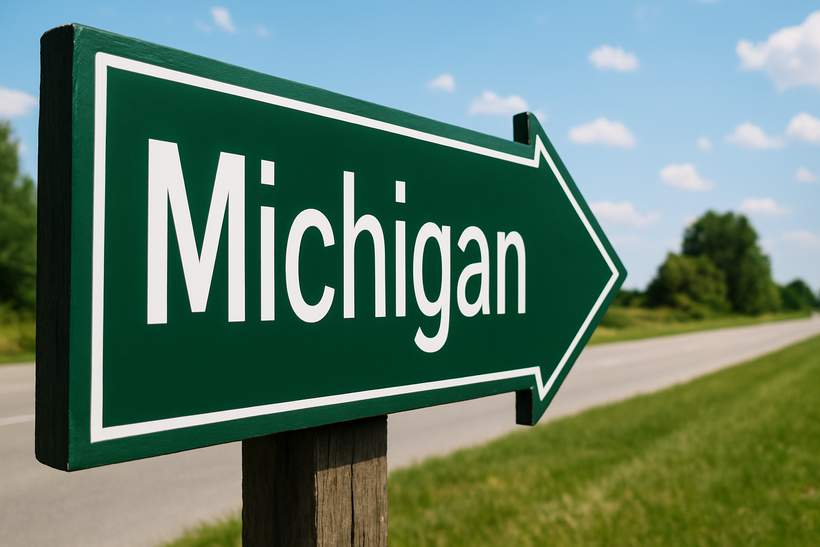Michigan Supreme Court Rules in Favor of Gambler in $3.1 Million BetMGM Dispute

Background of the Legal Battle
After facing defeats in two lower courts, Jacqueline Davis, a gambler, has achieved a significant victory in her legal fight against BetMGM. The Michigan Supreme Court unanimously ruled in her favor, allowing her case to return to the trial court to pursue over $3 million in disputed online gambling winnings.
Claims of Game Malfunction and Disputed Winnings
Davis states that during six days in 2021, she won approximately $3.2 million playing BetMGM’s “Luck o’ the Roulette” game. However, BetMGM froze her account and withheld most of her winnings, citing a malfunction in the game as the reason. Before the account was suspended, she was able to withdraw $100,000 in-person at MGM Grand Detroit, but the remainder of her funds remained inaccessible.
Her lawyer, Mark Granzotto, pointed out that BetMGM has not provided substantial evidence to support their malfunction claim. The game involved is Irish-themed and offers a Return to Player rate of 95.39%, with the potential for players to win up to 100 times their original bet on a single spin.
Similar Cases and Industry Context
Similar incidents have occurred in the gambling industry. For example, in Atlantic City, a casino refused to pay a $2 million jackpot to a 72-year-old winner due to alleged system glitches. Another case in London involved a player who was eventually awarded £1.7 million after contesting a software error claim by an operator.
Extraordinary Winning Streak Described by the Court
The court described Davis’ winning streak as exceptional. Justice Brian Zahra of the Michigan Supreme Court remarked that she was on a “heater” — gambling slang for an extended run of good luck. Beginning in March 2021 with a modest bet of $4.50, Davis quickly accumulated millions, prompting BetMGM’s internal team to flag her balance as unlikely, leading to the account shutdown.
Legal Proceedings and Arguments
Davis filed a lawsuit in Wayne County Circuit Court claiming breach of contract, fraud, and conversion. BetMGM responded by asserting that disputes must be resolved through the Michigan Gaming Control Board (MGCB), a position supported by lower courts which dismissed her claims.
BetMGM’s attorney, Norman Ankers, argued to the Supreme Court that the contract terms clearly state that winnings resulting from malfunctions are voided, and therefore, Davis should seek remedies through the MGCB.
However, the MGCB declined to intervene formally, explaining that while it can address casino violations, it does not resolve individual disputes between players and operators.
Judge Kathleen Feeney, dissenting in the Court of Appeals, cautioned that denying Davis her day in court essentially reinforces the notion that the casino always wins.
Michigan Supreme Court Decision and Next Steps
The Michigan Supreme Court acknowledged that emerging public policies, particularly following the legalization of online gambling in the state, may create new legal rights for players like Davis. The court ruled that her case deserves to be heard and has sent it back to Wayne County Circuit Court for further proceedings.